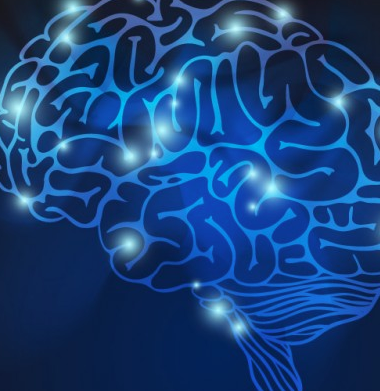Researchers in The Netherlands have discovered a link between nutrient deficiencies and schizophrenia. In a study on 61 schizophrenia patients, those not taking a daily multivitamin had low vitamin B12 and high homocysteine (a marker for heart disease). The majority had high levels of saturated and monounsaturated fatty acids, but low levels of healthy omega-3 and omega-6 essential fatty acids (EFAs). In fact, five patients had biochemical EFA deficiency while seven showed borderline EFA deficiency. These results surprised the patients’ doctors and the patients were then treated with B vitamins and fish oils. The researchers concluded that schizophrenia patients should be assessed for nutritional deficiencies, and noted that supplements might help with psychiatric symptoms and reduce the risk of heart disease.
In a separate study from the University of Cape Town in South Africa, researchers compared 43 patients with either dementia or Alzheimer’s to 50 healthy subjects. Vitamins C and E, dietary intake, including supplements, and cognitive function were measured. They found that the Alzheimer’s/dementia patients had a significantly lower vitamin C concentration than the control group despite having similar dietary vitamin C intakes. (No difference was found between the groups for vitamin E.) As such, the researchers concluded that their results supported the free radical theory of the diseases and they called for further study of vitamin C for Alzheimer’s and dementia.
Sources: Prostaglandins Leukot Essent Fatty Acids. 2006 Feb;74(2):75-85; J Nutr Health Aging. 2004;8(2):99-107

